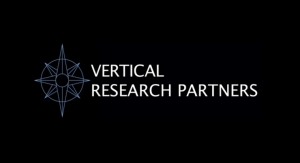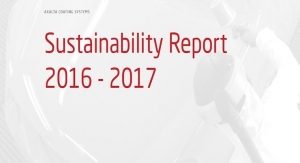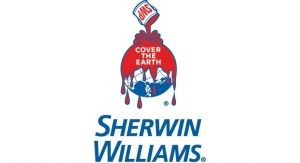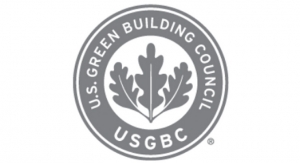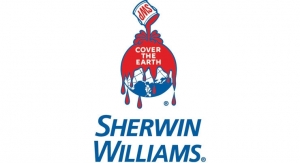Ryan Daly, NSF International07.16.18
Within the coatings industry, sustainability is continuing to drive innovation through research and development, manufacturing and distribution throughout every stage of production including end of life.
As demands for transparency increase, more and more companies are producing sustainability reports. One area often highlighted in a sustainability report is materials management and waste reduction.
Many companies are looking to reduce their material impacts to reduce costs, meet consumer and investor demands, improve their environmental performance and operate more responsibly.
Opportunities to save money, meet sustainability targets, reduce emissions and develop innovative solutions are driving waste reduction initiatives across the coatings industry. Closed-loop and circular economy models provide frameworks for businesses to increase efficiency and reduce waste through better materials management.
Steps to Reducing Waste
Regardless of where you are on your journey toward improving materials management and reducing waste, there are steps you can take toward continuous improvement. You can:
• Undergo a waste audit to establish your baseline diversion rate
• Evaluate associated material risks and opportunities for your business
• Use the metrics established in your baseline waste audit to set strategic goals and priorities
• Develop customized waste diversion policies and/or zero waste strategies
• Implement reduction projects, track progress and report successes
• Reach the gold standard for waste diversion by becoming an NSF-verified landfill-free organization
• Showcase your progress and priorities with a customized sustainability report using existing standards and frameworks such as the Global Reporting Initiative (GRI), CDP Forests and/or the UN Sustainability Development Goals (SDGs)
Why Reduce?
Companies are looking to reduce their material impacts, and guidelines like CDP and GRI are providing the framework and driving the expectation that companies transparently disclose environmental impacts in their operations and their supply chains.
Products and services that rely on plastics, metals, paper, wood and other products have opportunities to implement solutions that address materials issues—whether through reducing municipal solid waste, implementing more responsible packaging choices or identifying renewable materials for products.
What Others Are Doing
PPG: In 2017, the company set public sustainability goals that it plans to meet by 2025, including a 25 percent reduction in total waste disposal from a 2017 baseline, as well as a zero-waste-to-landfill goal at 35 percent of its manufacturing, research and development locations.
Beckers: Per the GRI reporting guidelines, the organization now quantifies their various waste streams, including waste recycled, landfilled, incinerated and reused. By quantifying its waste, Beckers can not only work to reduce overall waste generation, but to increase the amounts of reused and recycled items, thus also reducing disposal costs and environmental impacts.
Sherwin-Williams: Sherwin-Williams got an early start on its waste management practices, setting a goal of reducing waste 25 percent by 2016 based on a 2007 baseline. By the year 2016, it had exceeded many of its waste reduction goals. Additionally, its plant in Ecuador achieved a new milestone of sending only 2 percent of non-hazardous waste to landfills as a result of creative thinking, new processes and a commitment to recycling from all 320 employees.
Getting Started
Whether you are looking to improve the sustainability aspects of a product, project, your facilities or your supply chain, there are solutions in the marketplace to help. Look for a provider with expertise and service offerings within your industry to become the single source for your corporate sustainability priorities.

Ryan Daly
About NSF International:
Founded in 1944, NSF International (nsf.org) is an independent, global organization that facilitates the development of standards, and tests and certifies products to minimize adverse health effects and protect the environment. With operations in more than 175 countries, NSF is committed to protecting human health and safety worldwide.
NSF’s sustainability certification, testing and consulting services can lower risk, increase growth and reduce costs, while instilling marketplace and investor confidence. Services include safer chemistry, responsible sourcing for food and textiles, landfill-free, climate services, sustainable product certification and e-waste and forestry verifications.





